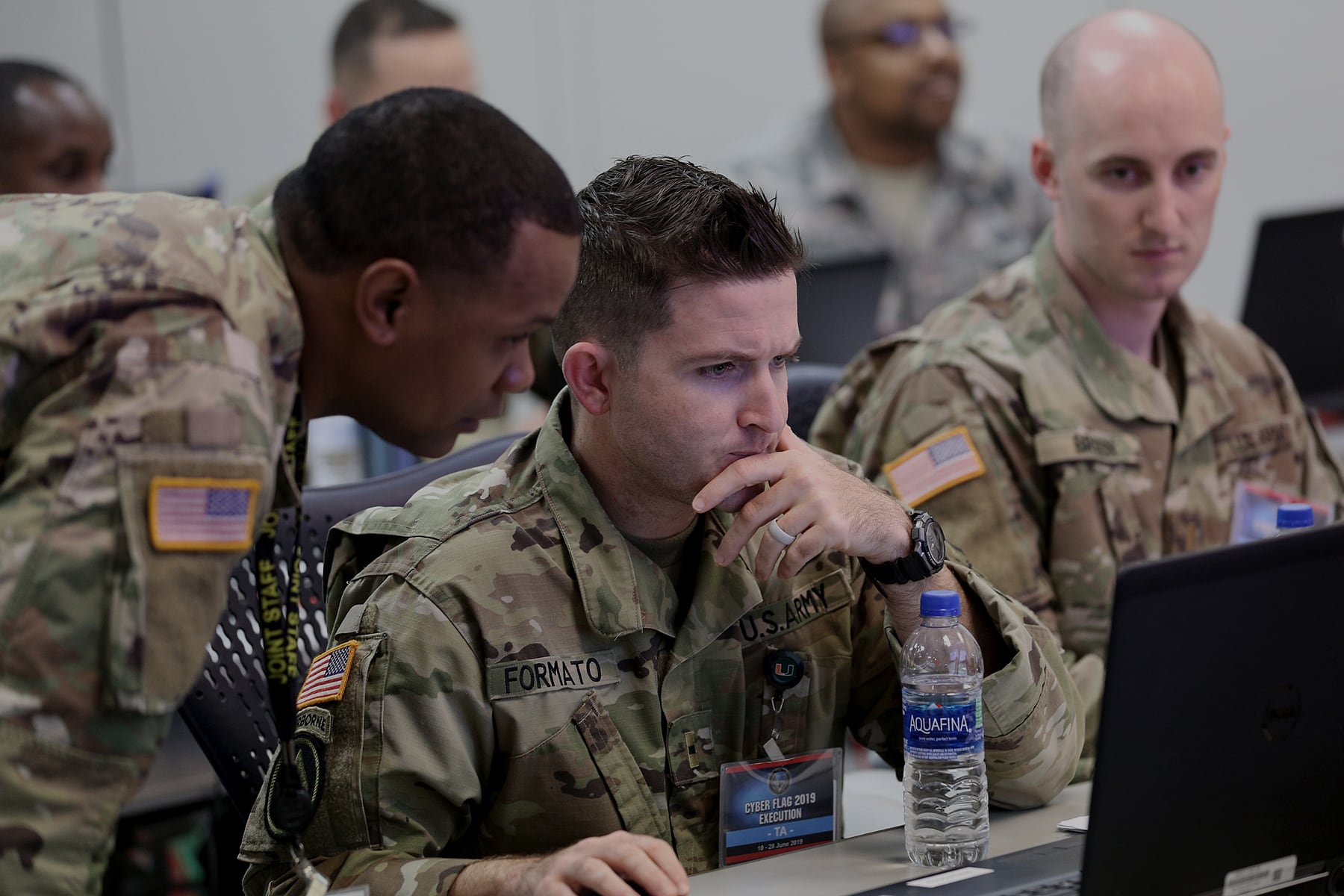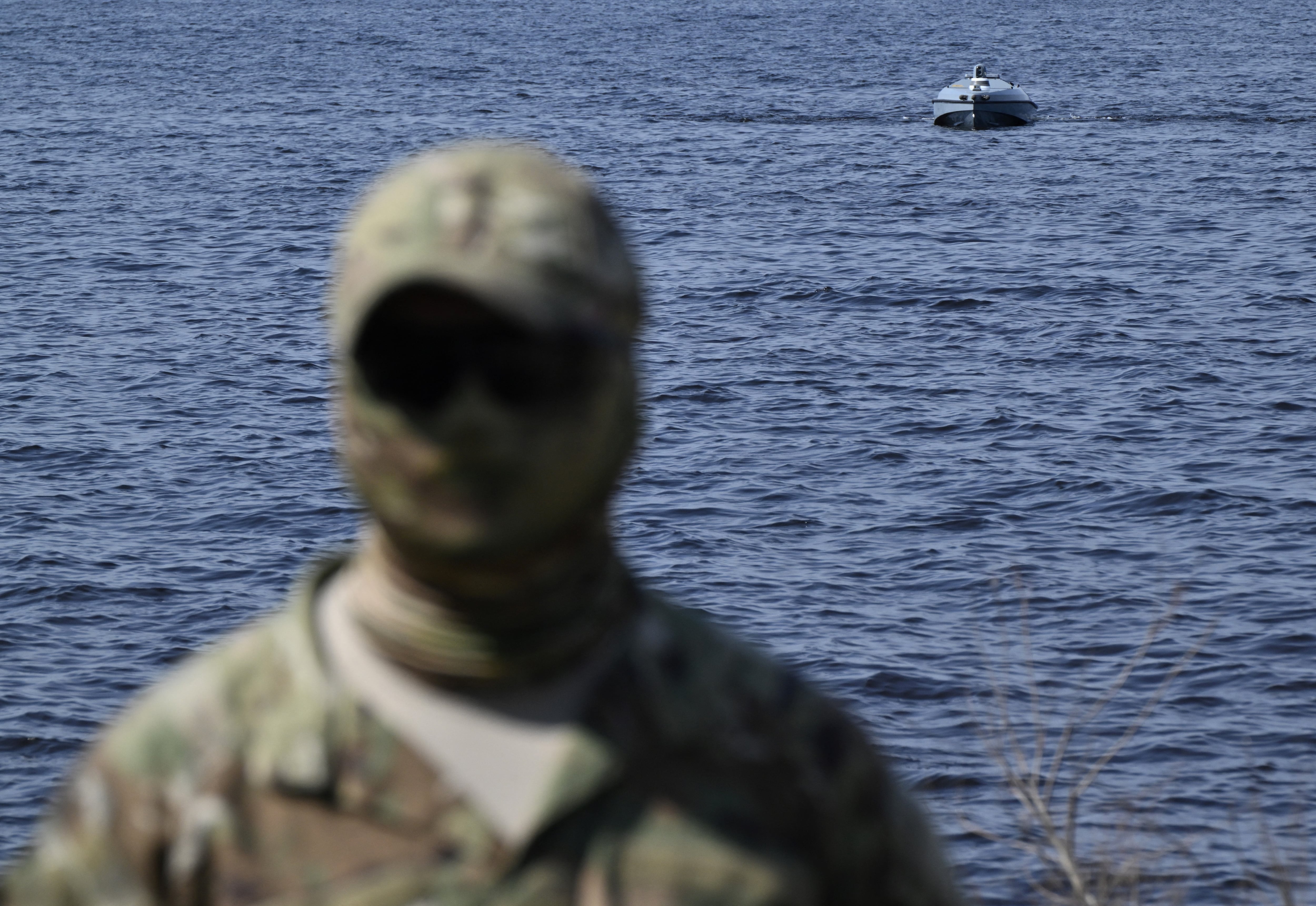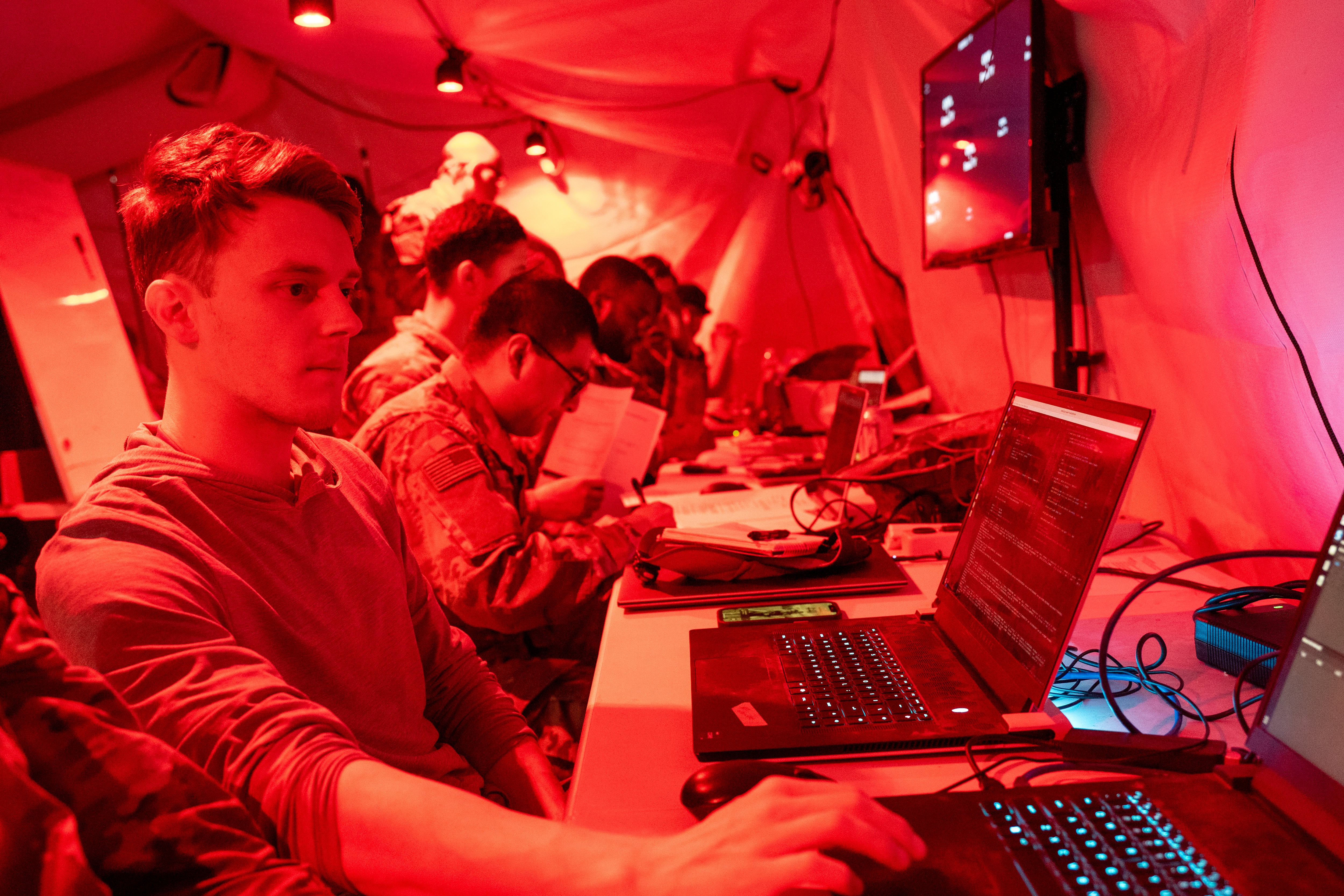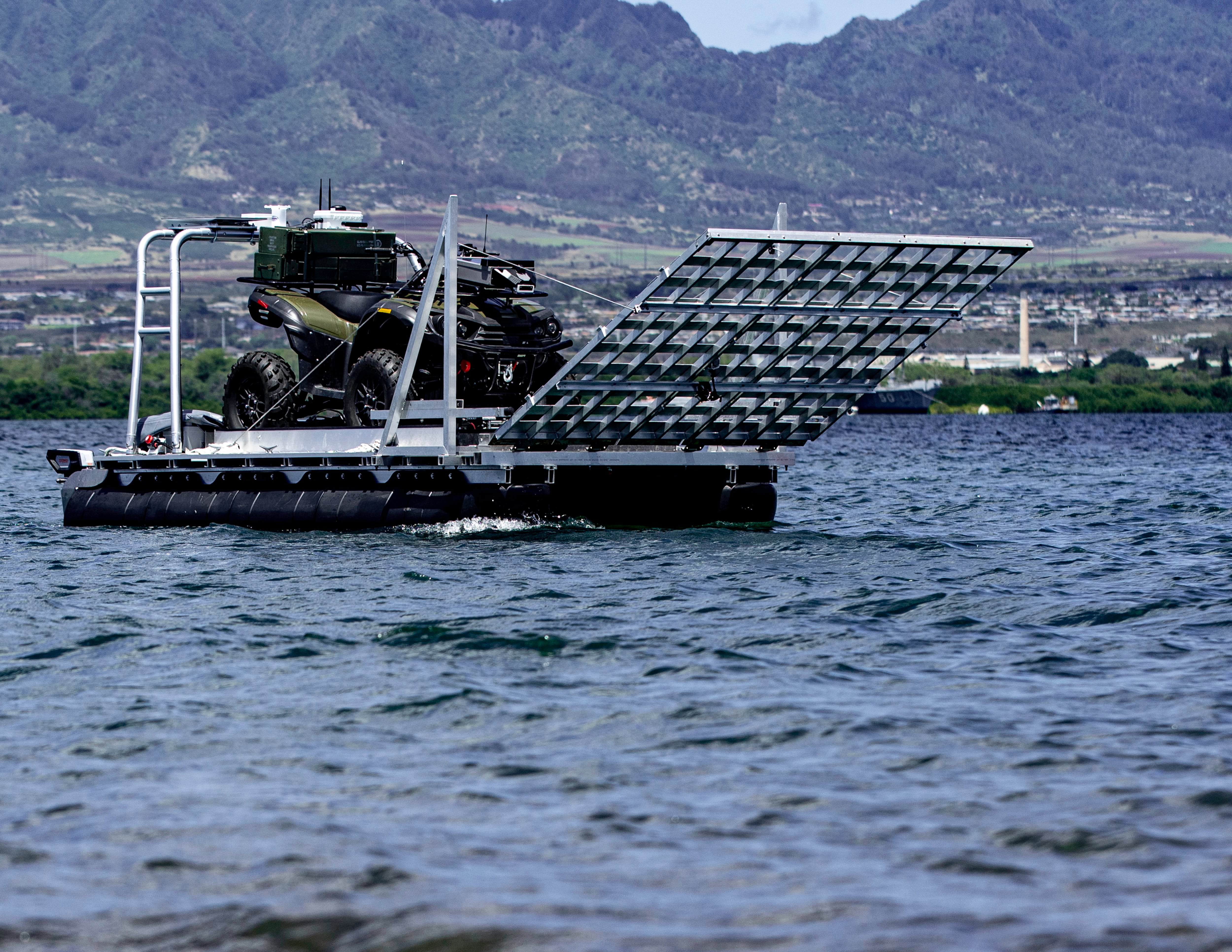WASHINGTON — U.S. Cyber Command received the second version of its premier cyber training platform last week.
The Persistent Cyber Training Environment, or PCTE, is an online client that allows Cyber Command’s warriors to log on from anywhere in the world to conduct individual or collective cyber training as well as mission rehearsal. The Army is running the program on behalf of the joint cyber force and Cyber Command.
“Last Monday, we delivered the Version 2 PCTE platform. We had an early look event where we walked specific members of the cyber mission force … through all the different features and new enhancements and new capability, and we got probably about three solid days of direct feedback,” Lt. Col. Thomas Monaghan, product manager of cyber resiliency and training at Program Executive Office Simulation, Training and Instrumentation, said at C4ISRNET’s CyberCon on Oct. 28.
The first version was delivered in February. The program has since participated in several large-scale cyber training events for Cyber Command, which included allies from halfway across the world.
The second version provides several improvements, according to Elizabeth Bledsoe, the program’s deputy product manager. Whereas the previous version provided event management capabilities to run training events, this new version enhances the ability to catalog the training content and search training events that have already taken place.
The new version also improves scheduling of events and management of teams, and makes it easier to make changes to the platform and training events on the fly.
“Once they’re in the event, they have the ability to modify the events for their specific needs; and then once the event is actually executing, it allows them to make changes within the event at the time, like change the threat to make it harder for them and actually improving the fidelity of the event actually on the fly based off the white cell capability that’s now featured within version 2,” Bledsoe said during the CyberCon panel.
Monaghan added that the content is more robust in this newer version, which automates a lot of features that were previously performed manually.
The program team, accompanied by contractors, also gained feedback from the first use of this second version, which will drive rapid improvements going forward. Given its software-defined nature, the program can make quick changes, executing on 30-day sprints.
Mark Pomerleau is a reporter for C4ISRNET, covering information warfare and cyberspace.








